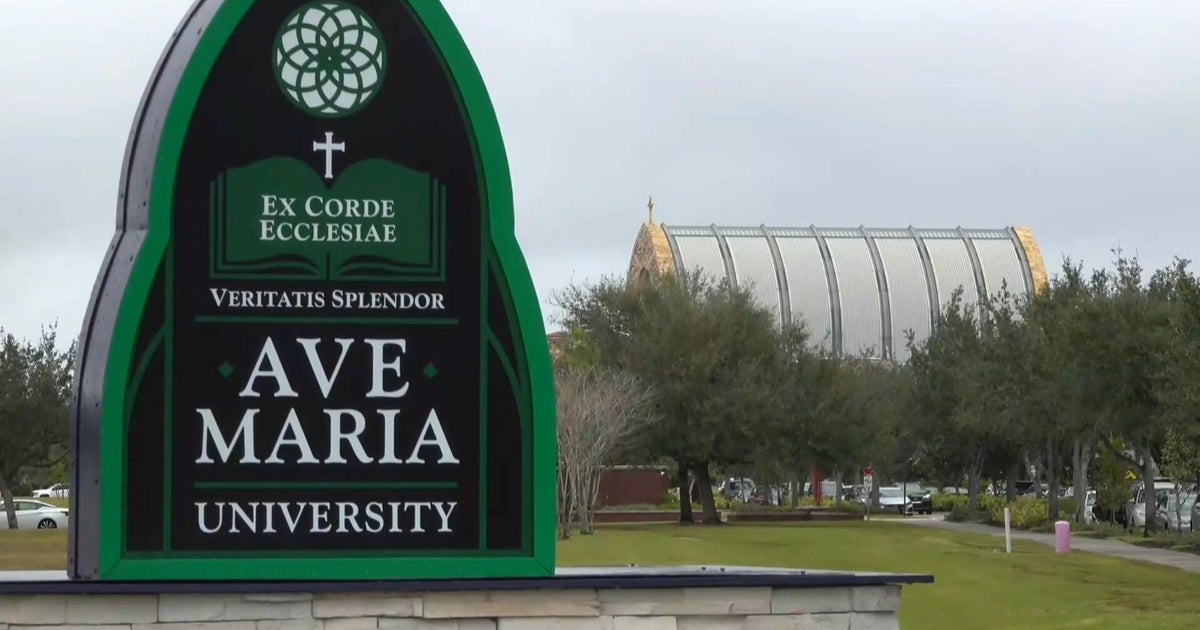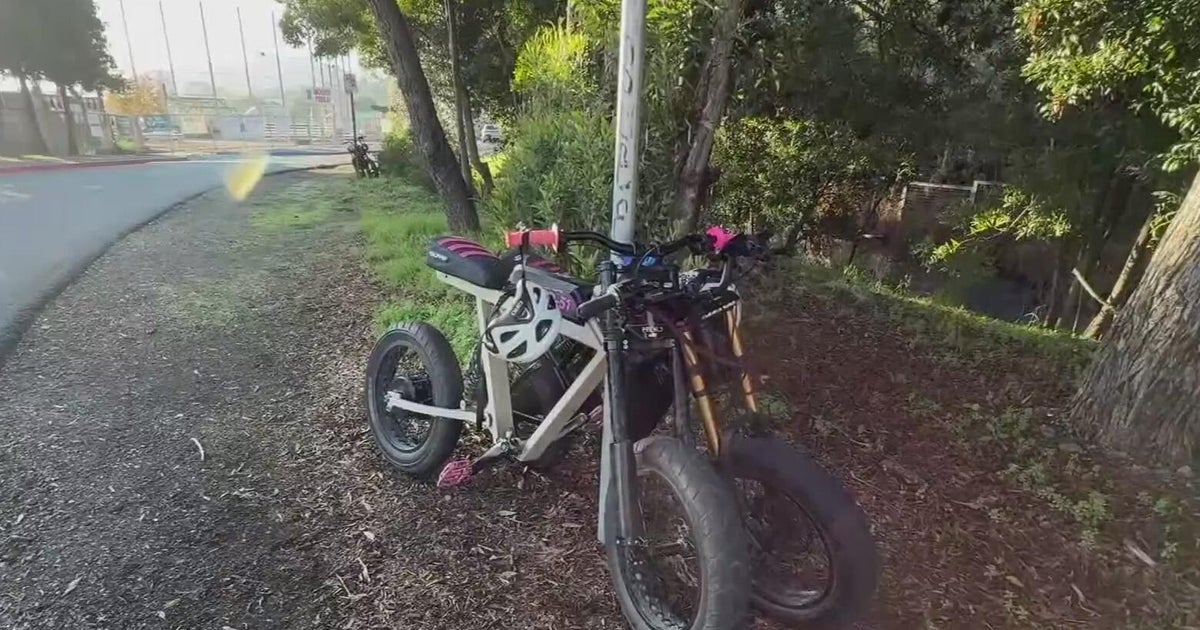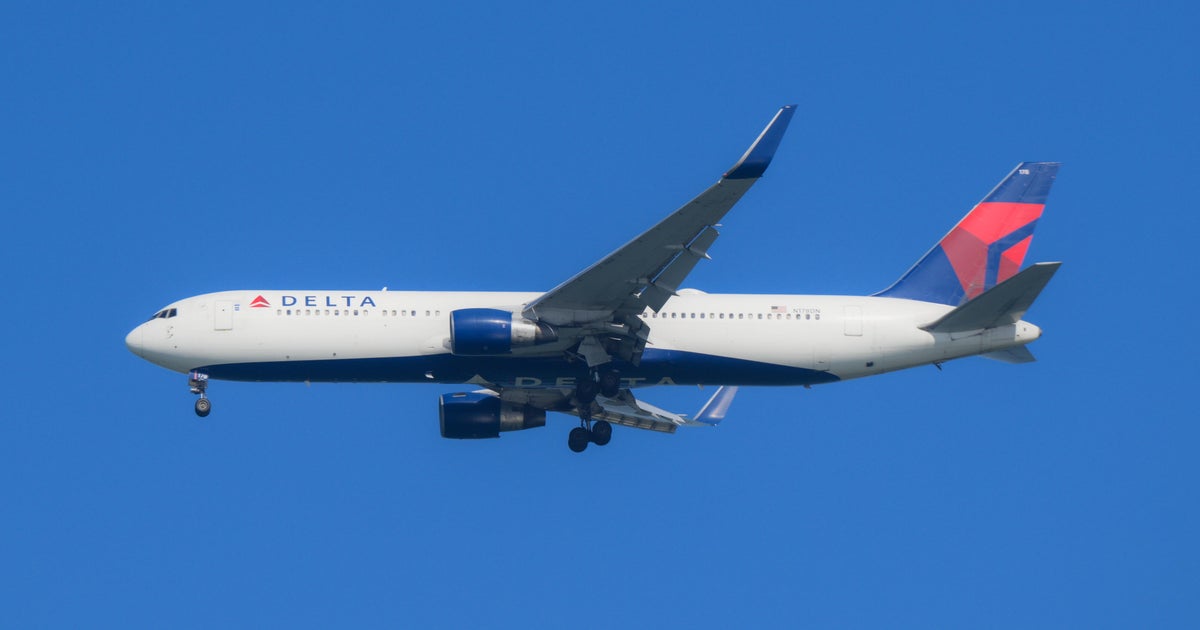Concerns After Zika Outbreak Prompts Travel Warning For Area Of Miami
NEW YORK (CBSNewYork/AP) -- New advisories that say pregnant women shouldn't visit the so-called Zika "transmission area'' in Florida has prompted concerns with travelers ready to board flights to Miami Tuesday morning.
The Centers for Disease Control and Prevention issued the advisory Monday after Florida Gov. Rick Scott said there are 10 new infections of the Zika virus, likely transmitted by mosquitoes, bringing the total in the state to 14.
However, as CBS2's Weijia Jiang reported, the CDC is struggling to kill the mosquito spreading the virus because the chemicals they're using aren't working as well as they hoped.
The new cases are clustered in the same square-mile neighborhood in Miami-Dade County identified last week. Florida health officials say they believe active transmissions of Zika are occurring only in that area.
ZIKA INFORMATION FROM THE CDC: Basics | FAQ | Info For Pregnant Women | Symptoms, Diagnosis & Treatment | More Info | 10 Facts About The Zika Virus
Jessica Ardente, who is 4-months pregnant, is getting tested for Zika because she lives in the one-square mile of Miami where health officials said mosquitoes are now spreading the virus.
"Women are scared to death right now because we do whatever we can to maintain safety during pregnancy. We take care of our bodies, our diet, exercise activity and now we have to worry about mosquitoes," the 36-year-old said.
Zika can cause devastating birth defects, including microcephaly, which leaves babies with unusually small heads.
Nurses are distributing prevention kits to pregnant women in Miami, that include insect repellent and condoms because the virus can also be sexually transmitted.
"If I have a mom that I'm worried about microcephaly while she's still pregnant, obviously I have to be honest with her about the diagnosis and the potential that it's real," said Dr. Christine Curry of the University of Miami. She has treated about a dozen pregnant women with travel-related Zika.
Following the advisory from the CDC, New York City also updated its current travel warning for Latin America and the Caribbean to include that Miami neighborhood.
The Zika threat has left some passengers lined up at LaGuardia Airport worried.
"I think it's always a concern," one woman said.
"I don't want to get sick, I don't think anyone does. It's pretty bad," said Natalie Corracera who was heading back to Miami from New York on Tuesday.
Others said they are avoiding the region all together.
"No, I wouldn't," said another. "That's dangerous."
The CDC says men and women who have visited the Miami area since June 15 should wait at least eight weeks before trying to conceive.
Meanwhile, CDC Director Tom Frieden told ABC's "Good Morning America'' Tuesday that mosquito control is difficult in the Miami neighborhood because it has industrial, commercial and residential development.
He said that it's possible mosquitoes are resistant to the insecticide being used, but it could take weeks for federal and state officials to figure that out. He said there also could be breeding sites that haven't been destroyed.
No mosquito-borne Zika infections have been reported in the Tri-State area, but spraying is underway in some spots as a preemptive measure to keep the virus at bay.
On Monday, city health department trucks sprayed pesticides in an area of Flushing, Queens, where there is a large Asian Tiger mosquito population, though none have tested positive for Zika.
"We don't want to wait until we find it in the mosquitoes," said Dr. Jay Varma with the New York City Department of Health. "We want to take action now."
On Tuesday, crews on Long Island will also be spraying for mosquitoes.
The Suffolk County Department of Public Works is scheduled to spray in the Davis Park and Point O'Woods areas of Fire Island from 6 p.m. to 10 p.m.
For more information, click here.
New York state has confirmed 537 cases of Zika so far and all appear to be connected to travel to affected areas and there's no evidence the virus is spreading through local mosquitoes, Gov. Andrew Cuomo and state health Commissioner Howard Zucker said Tuesday.
Officials say residents can reduce the risk by eliminating standing water and using larvicide to kill young mosquitoes. They also encourage people to wear repellent and long sleeves when outside, particularly during the day.
Cuomo said the state will give homeowners objects that look like doughnuts which they can then put into standing water on their lawns.
"For 30 days it will kill or stop any mosquitoes from breeding in that water," Cuomo said.
The state will also beef up its fight against Zika in the subway system and tunnels, where Cuomo said there will be an extra effort to drain standing water.
"This is the most intensive effort that we have done prompted by Zika," Cuomo said.
The state is also providing testing to pregnant women at risk of exposure to the virus, which has been linked to birth defects.
In Connecticut, the Department of Public Health is receiving nearly $580,000 to support the state's efforts to protect residents from the Zika virus and to monitor Zika-related birth defects.
Gov. Dannel P. Malloy and members of Connecticut's congressional delegation announced the grant from the CDC on Monday.
DPH Commissioner Dr. Raul Pino said the funding will enhance the Zika testing program at the State Laboratory and the mosquito surveillance being conducted by the Connecticut Agricultural Experiment Station.
Pino said the funds will also help to establish a monitoring program through DPH's Birth Registry that will track infants born with Zika-related birth defects.
Connecticut Sen. Richard Blumenthal is calling on Congress to reconvene to pass the $1.1 billion Zika bill, which would help fund research for a vaccine.
"This looming epidemic is potentially spreading throughout the eastern coast and across the United State so I think it warrants a special emergency session of Congress to provide the necessary minimal funding for fighting this potential public health crisis," Blumenthal told WCBS 880's Sean Adams.
(TM and © Copyright 2016 CBS Radio Inc. and its relevant subsidiaries. CBS RADIO and EYE Logo TM and Copyright 2016 CBS Broadcasting Inc. Used under license. All Rights Reserved. This material may not be published, broadcast, rewritten, or redistributed. The Associated Press contributed to this report.)







